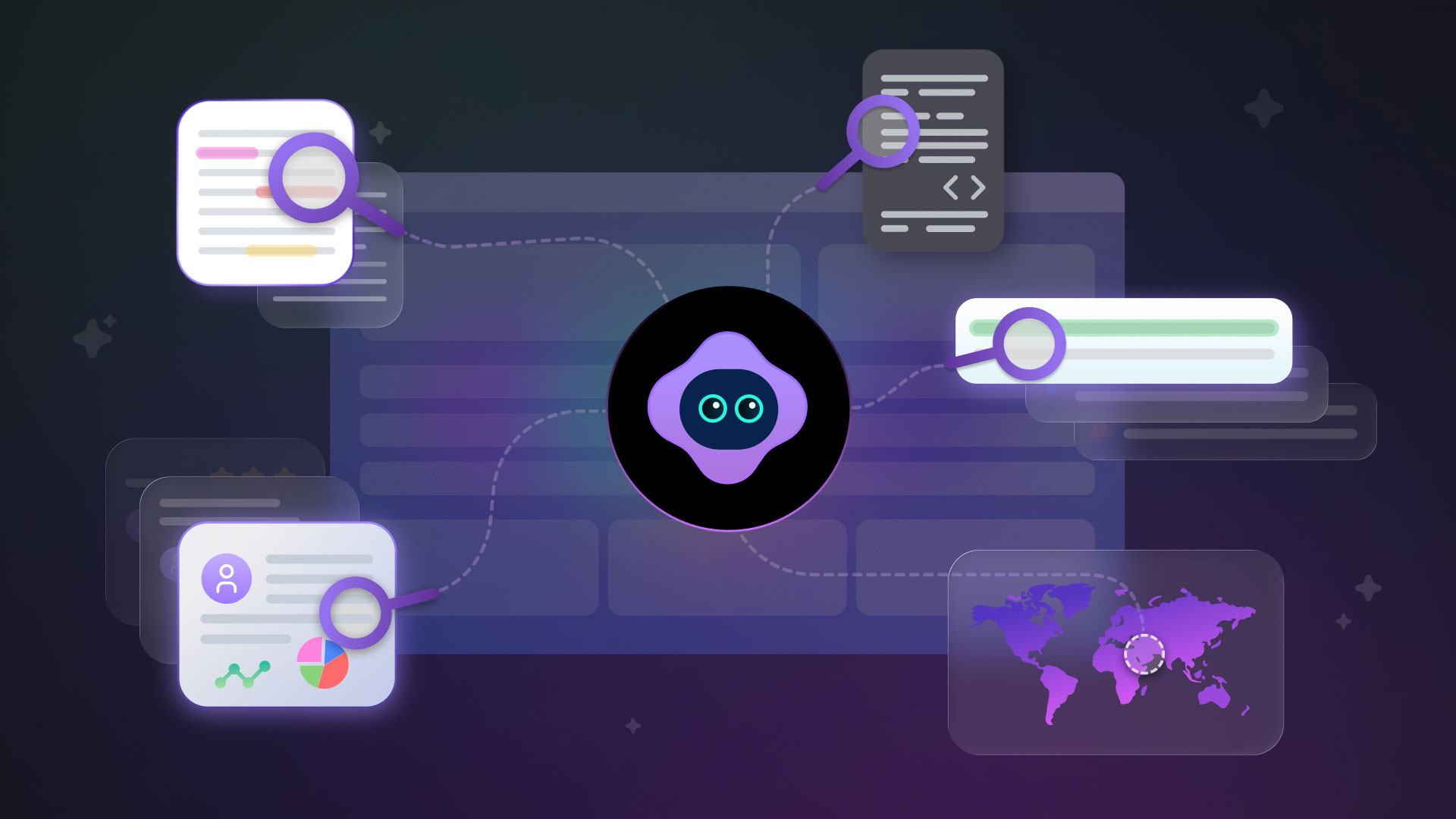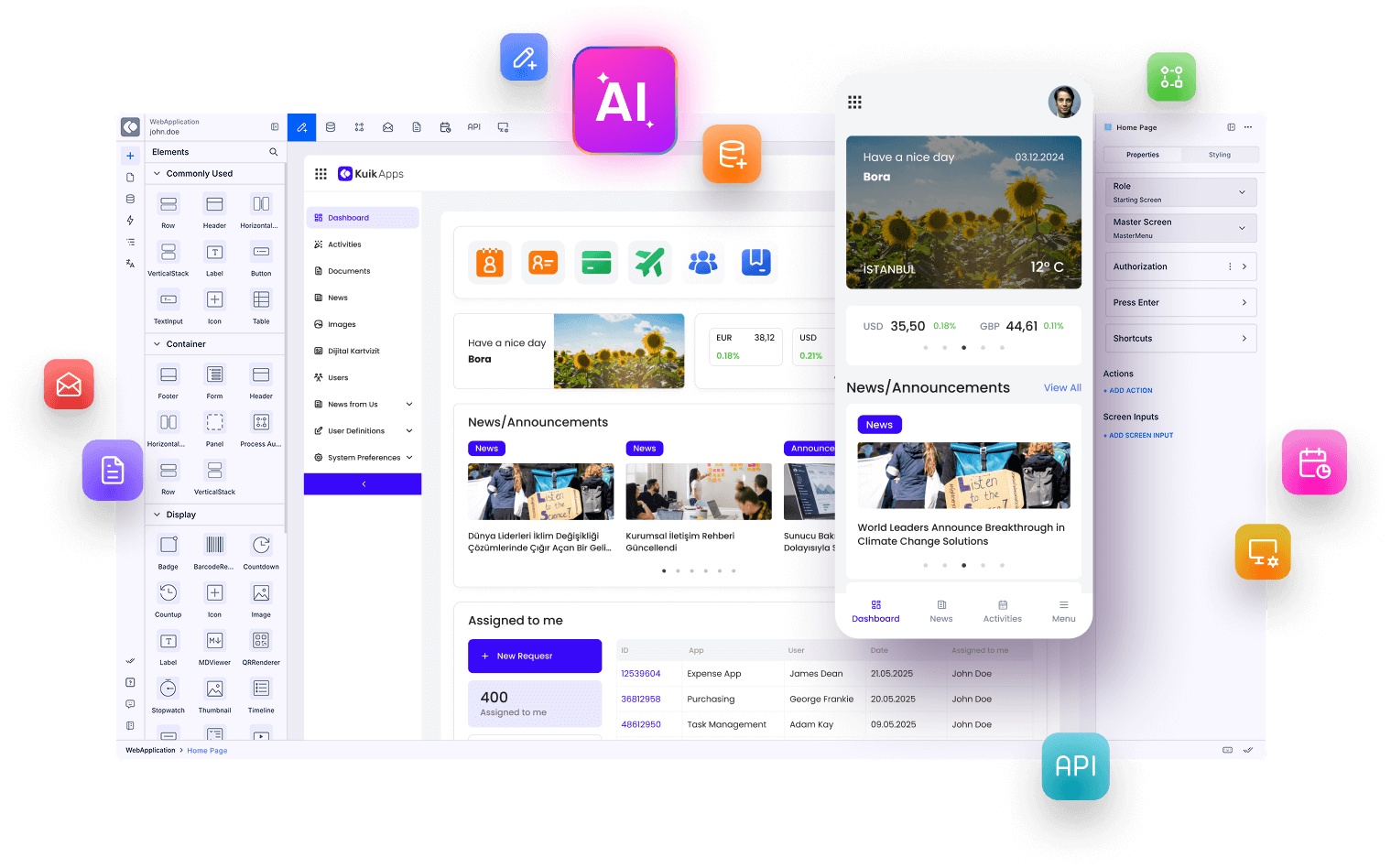Nowadays, from routine banking and shopping to learning new languages, and even accessing therapy sessions, we handle a significant portion of our daily activities via software tools. This growing reliance on software tools, along with the need for speed and agility brought about by digitalization, accentuates the importance of software productivity. In this post, we dive deeper into software productivity and why businesses need it to remain relevant in the competitive landscape.
What is software productivity?
Software productivity refers to the efficiency of the software product and its development process. Businesses used to employ traditional metrics like lines of code per employee hours to measure this. However, in the context of today's evolving development landscape, the measurement of software productivity has transitioned to more value-driven assessments. Businesses are now evaluating the ratio between the functional value of software and the labor and expense of producing it.
What factors go into software productivity?
Several factors may affect software productivity. Being conscious of these may help you manage overall productivity throughout the development process.
- Time-to-market: Quick time-to-market is important for businesses to stay competitive and responsive to market demands. Therefore, businesses should opt for time-efficient options and try to aim for faster time-to-market.
- Agility and flexibility: Agility is crucial to avoid being immobilized when unforeseen issues arise and to continue the development process anyway. In such cases, flexibility is key to overcoming such problems by adapting to market and technological changes.
- Automation: Repetitive tasks can be a bummer. Automating such tasks as code compilation, deployment, and testing may help developers prioritize complex and creative tasks, enhancing productivity.
- Team skills and motivation: Building a team of skilled and experienced software developers is not as easy as it sounds. It is also necessary to maintain the motivation and morale of team members since a motivated team with high morale is more productive.
How is software development productivity measured?
Calculation of software productivity is usually based on measuring the features of the product and the total effort put into the development process. Several metrics are utilized for this purpose and none of them is sufficient for a healthy evaluation of productivity on its own. Let’s take a closer look at the metrics for software development productivity.
Size-related metrics
Size-related metrics are related to the output size, such as the lines of source code delivered or the number of pages in system documentation. For example, Lines of Code (LOC) measures the amount of code written by developers.
Function related metrics
Functionality metrics include the overall functionality of the developed software, which quantifies productivity related to the amount of useful functionality produced within a specific timeframe.
Return on investment (ROI)
Return on investment (ROI) is a financial metric that is used to evaluate the productivity and profitability of a software product. The essence of assessing software productivity depends on the cost and time invested in a project against the tangible value it brings to a business, which is called the return on investment. The ROI is a popular profitability metric calculated by dividing an investment's net profit (or loss) by its initial cost or outlay. It allows businesses to discern the productivity of their software investments by measuring the returns they generate. Therefore, considering the factors that influence the overall ROI and taking measures to increase it is essential to boost software productivity.
Low-code development increases software productivity
Low-code platforms like Kuika contribute to the productivity of software solutions and their development processes with numerous advantages they provide. Regardless of the software you develop, you can integrate low-code development tools to automate the development operations and enhance overall productivity.
Kuika allows your product to meet the target audience quicker than traditional software development methods. With low code, you can create your minimum viable product (MVP) in a shorter time with less effort. Here are the features of Kuika that benefit you with software productivity:
Drag-and-drop
Kuika’s drag-and-drop features help you build application interfaces with minimal coding knowledge. This helps businesses with not only resource management but also time efficiency.
Citizen development
Thanks to Kuika’s low-code development solution, you don’t have to be an experienced software engineer to create mobile or web applications. On the contrary, it enables you to build apps and automate processes without extensive technical knowledge. If you own a business or manage a team of developers, Kuika’s low-code platform can help you minimize your reliance on specialized IT staff, improving your financial productivity metrics.
Cloud storage
Kuika is a cloud-based solution that provides rapid access and deployment of applications. Cloud storage facilitates the adaptation process for businesses as they evolve. Such agility provides time efficiency by shortening the duration of development to deployment. Cloud storage is also cost-efficient since it helps businesses avoid the high costs associated with purchasing, maintaining, and upgrading physical servers.
Maximize software productivity today
Kuika is here to help you rock the market and seize the next opportunity with your great ideas. When you discover a gap in the market, there is no time to wait. So, don’t waste your precious time and sign up to Kuika for low-code development. If you don’t have any coding experience and think low-code is not a manageable option for you, you can also consider our turnkey project service. Let Kuika’s experienced developers help and guide you through your software development process.
















